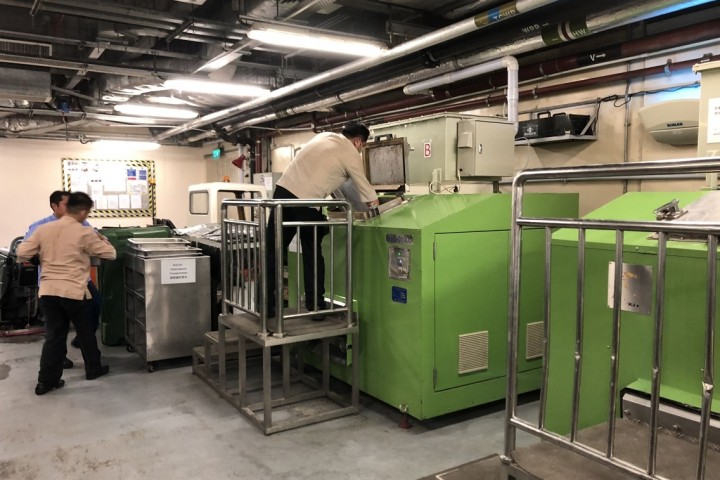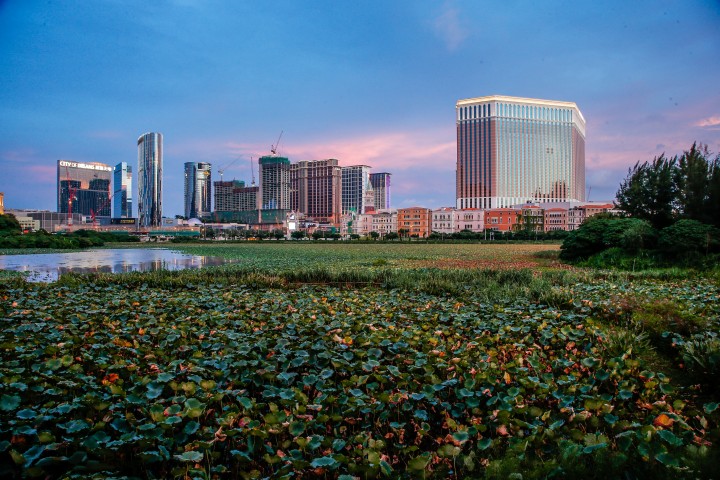
19 Hotels Recognised by Macao Green Hotel Awards 2018
Organised by Macao SAR Government Environmental Protection Bureau (DSPA) and co-organised by Macao Government Tourism Office (MGTO), the result of the Macao Green Hotel Awards 2018 announced on 9th May recognised 19 deserving hotels, with all award-winning hotels demonstrating a major improvement in energy and water efficiency, recycling and waste reduction, noise and light pollution management as well as other environmental protection measures, thus contributing to Macao’s sustainable development.
This year, Hotel Okura Macau, Morpheus and MGM Cotai received Gold Awards; Sands Macao, The Countdown Hotel, Nüwa, Broadway Macau and Crowne Plaza Macau received Silver Awards; while Riviera Hotel Macau, Inn Hotel Macau, Harbourview Hotel and MGM Macau received Bronze Awards.
Rocks Hotel, Grand Emperor Hotel and Legend Palace Hotel received Merit Awards, while budget accommodation establishments East Asia, London, I Fu Hotel and Ole Tai Sam Un Hotel received the Green Guesthouse Award. As of 2018, some 55 local hotels have garnered Macao Green Hotel Awards.
From 2012 to 2018, prize-winning hotels managed to reduce consumption of over 2.8 GWh of electricity and 260 cubic metres of water per room, while each room also reduced waste by over 1.7 tons, a drop of more than 45 per cent.
The hotel industry is also taking active steps to reduce kitchen waste, with 64 per cent of prize-winning hotels recycling kitchen waste, exceeding 4500 tons in all. Over 80 per cent of prize-winning hotels also actively implement the recycling of paper, plastic, aluminium cans, glass bottles and used batteries - to the tune of over 210 thousand tons!
About 20 per cent of award-winning hotels replaced fossil fuel vehicles with electric vehicles as shuttle buses, with the goal of improving roadside air quality, and implemented policies reducing single-use plastic bottles by installing drinking fountains to replace water dispensers, increasing self-serve drink stations, and decreasing or suspending the availability of water in plastic bottles.

